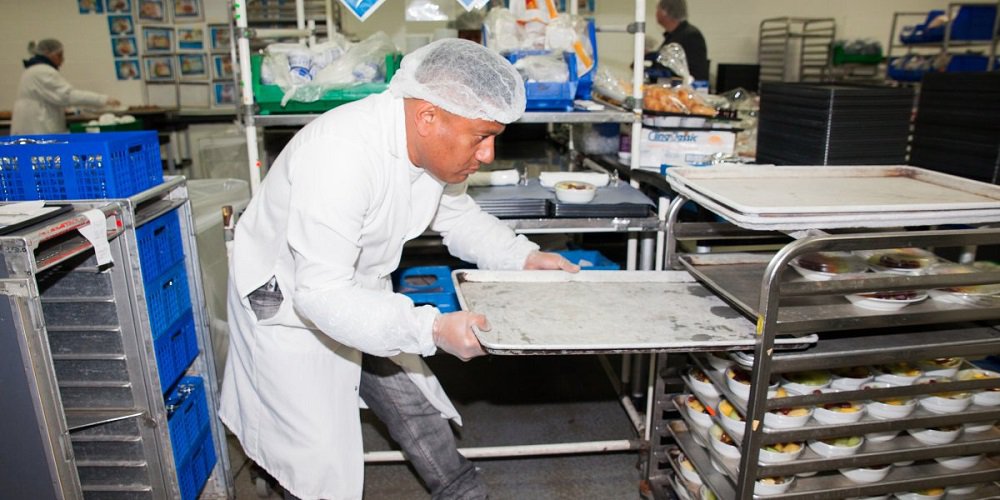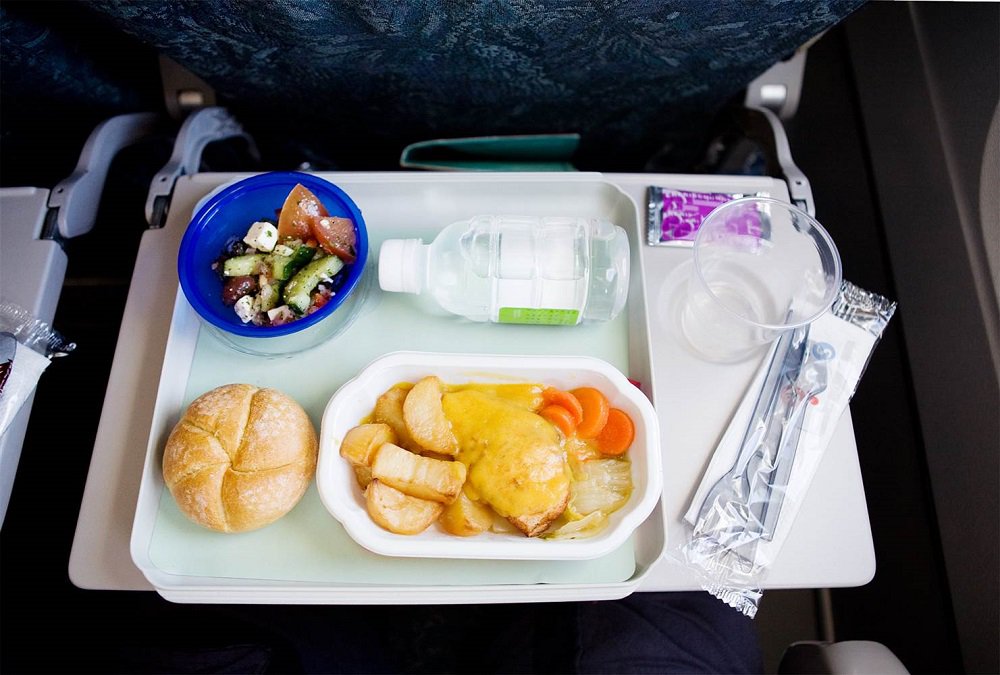What Are Exoplanets And How NASA Detects Life Beyond Our Solar System
Bharti Airtel Set To Acquire Telenor India Within This Year
Google Celebrates NASA’s Discovery Of Seven Earth-Like Planets With An Animated Doodle
Some Home Remedies That Might Sound Bizarre But Actually Work Like A Charm
Akshay Kumar Feels He Has Made Enough Money, Now Wants To Focus On Content & Characters
Delhi ATM Dispenses Fake Rs 2000 Notes From ‘Childrens Bank of India’ With ‘Churan Lable’
Adolf Hitler’s Personal Telephone During World War II Is Up For Auction In The US
From Salman Khan To Rekha, Neil Nitin Mukesh’s Wedding Reception Was Quite A Starry Affair
Why Airplane Food Tastes So Bad? Turns Out It May Not Be The Airline’s Fault Ever Wondered
This is the ONE thing that is so uniform across countries, races, religion and every kind of (other categories of) people, SO uniform that this question unites us all - Why does airplane food taste so(ooooo) bad? What better to do than eat-and-read or eat-and-watch-a-movie or eat-and-sleep in an airplane that you're stuck in for hours? The food almost feels like they sucked the moisture and taste right out of it - and, if we were to taste disappointment, it would taste exactly like it. *Aargh* Who should we blame? Turns out, our taste buds are the real culprits. “At 35,000 feet, the first thing that goes is your sense of taste. The quality of the food and its ingredients isn't to blame, it's the way you experience it." explained Grant Mickels, the executive chef for the culinary development of Lufthansa's LSG Sky Chefs. Now we know a Lufthansa chef giving a reason that blames our taste buds (of ALL things) multiplies our doubts and is REALLY suspicious. Lame blame, right? But relax your trust issues, looks like it has been tested and proven. (Sorry, Lufthansa guy) The dish that tastes sumptuous in a fine-dining restaurant is bound to taste dull (or like disappointment, as already discussed) up in the air. It's even been tested: The Fraunhofer Institute, a research organization based in Germany, did a study on why a dish that would be delicious in a fine dining restaurant could be "so dull in the air."
Even if the food tastes the exact opposite of delicious, and even if your taste buds are mostly at fault, the journey of the food from the catering kitchen to the plane also needs attention.
According to Harold McGee, a scientist and the author of On Food and Cooking: The Science and Lore of the Kitchen, "after the food is prepared, it's chilled and stored until it’s time to load it onto a truck and, finally, onto the plane where it's served to passengers, which could be hours later."
"When food gets warmed up to room temperature or above, it starts to deteriorate, and once it crosses a threshold - 160 degrees for meat, 140 degrees for fish - it is going to be dry and tough, no matter what you do."
Solution, you ask? Convince your taste buds to tag along with you, (and if that's not possible, then) do not eat (just kidding) or *superhero level great career option alert* become a food-expert and make things better for the world.
Because, what an evil superpower these airplanes have!






